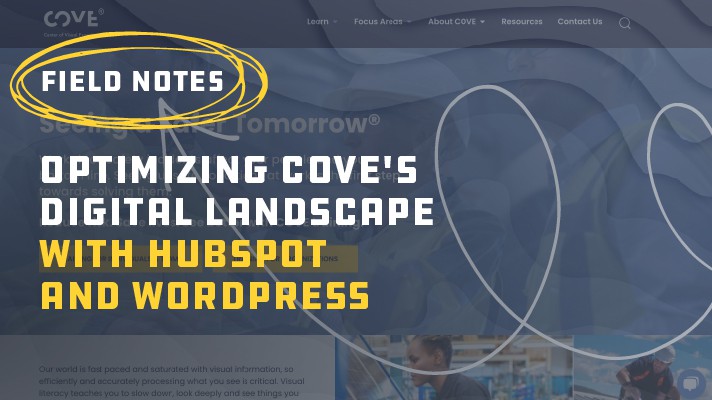Blog posts are a fantastic way to engage your audience and draw prospective clients using their organic search results. But how do you strike a balance between writing an interesting and informative post that will drive your audience toward your content without seeming salesy or unnatural? Optimize blogs for search engines by incorporating SEO practices to spice up your engaging content.
Blog SEO Best Practices
Be Wise with Your Keywords
Finding the perfect balance between repeating keywords enough that search engines can recognize it but not too often so as not to detract from the reader experience is challenging yet essential.
As a rule of thumb, use primary keywords every 60 – 100 words and secondary ones at least 150 – 250 words apart for best results.
This will ensure readers remain engaged with your content while giving you ample space in which organic keyword phrases are free to shine. Using various synonyms and related keywords will help boost the post’s overall searchability. This will give you many opportunities to work your keywords naturally into your copy and space them out far enough that a reader won’t find their repetition to be noticeably odd.
Pick a Relevant Topic
No one in your prospective audience is going to engage with a post detailing a topic that doesn’t interest them, no matter how much they might benefit from the services you’ll provide them if they happen to click through. Put yourself in the shoes of potential readers and ask – what can I write to spark their interest? Keep titles snappy; focus on intriguing topics related to timely issues or important industry trends.
Example: Blog Topics for Auto Shops
Avoid: “Proper Lugnut Maintenance for Japanese Cars Manufactured Between 1974 and 2006”
Try: “Importance of Lugnuts Care in Vintage Cars”
Intrigue and urgency are the name of the game when it comes to coming up with blog subjects that will entice your readers to find out what it is you have to offer. Crafting quality content combined with sound keyword optimization will ensure both increased visibility AND higher engagement levels when writing SEO-friendly blogs!
Be Mindful of Length
When writing a blog post, there’s always that difficult but important question of how long it should be. Do you go for the SEO-friendly longer piece or keep your audience engaged with something short and sweet?
A long blog entry will give you more opportunities to work in keywords and boost your page to the top of the results; on the other hand, some topics just don’t merit several thousand words of explanation, and you don’t want your readers to get bored and tab out before they make it to the bottom of the page.
A short post will probably be a punchier read and get your audience acquainted with your Call To Action sooner. However, this risks coming off as a tacky hard sell and cuts down on your opportunities to incorporate vital SEO terms.
Before you outline a blog post, ask yourself a simple question: How much time would I want to spend reading about this if it popped up in one of my Google searches? From there, set a word count that you can meet and try to incorporate your desired keywords as naturally as possible throughout the length of the post.
Seventh Scout Secret: When writing a long-format blog, use keyword phrases and frequently searched questions as headings to help break up your content, making it scrollable.
Summing it Up
If you need a quick and dirty guide to writing blog posts for SEO engagement, these are the three cardinal rules to remember:
- Choose Relevant Keywords
- Use Those Keywords as Naturally as Possible
- Don’t. Be. Boring.
If you can follow those steps and trust your gut when you think you might be wandering astray from them, you’ll craft great content for your website in no time flat. Think about what you like to read when surfing the web, and build your post from there using a point of interest to begin with and a call to action to end with.
If you want your blog to reach its fullest potential, team up with the SEO wizards at Seventh Scout to optimize your blog for search engines! Our expertise will help get your content in front of your target audience. Don’t miss out on this opportunity – let our experienced storytellers help you craft a unique narrative for whatever you’re working on, and join forces today!
Originally Posted: April 15, 2020
Updated: March 16, 2023





